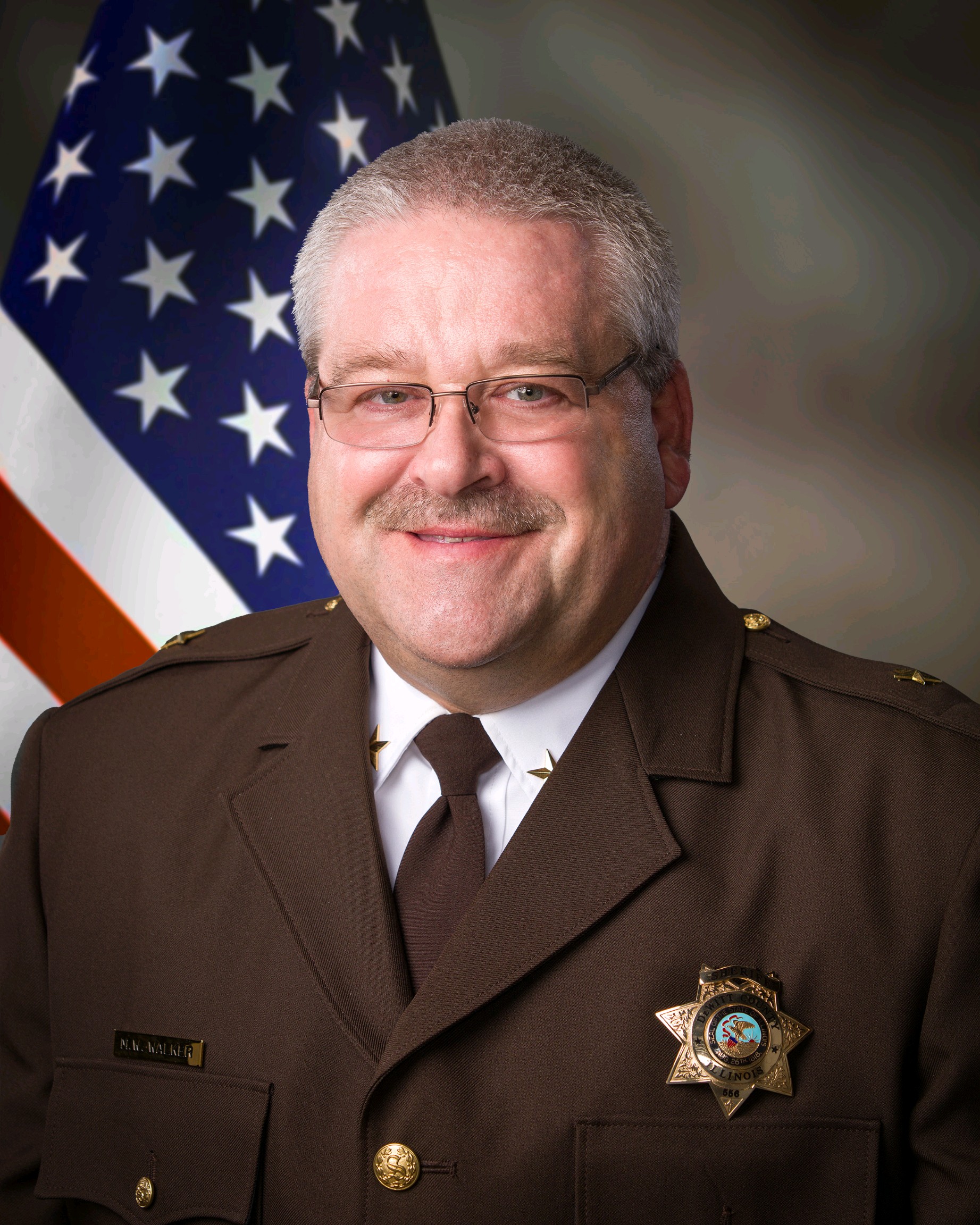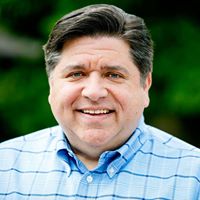WASHINGTON (AP) — President Joe Biden has a great economic story to tell voters a decade from now, less so in 2024.
On Thursday, the Democratic president will head to upstate New York to celebrate Micron Technology’s plans to build a campus of computer chip factories made possible in part with government support. But the initial phase of the project would open the first plant in 2028 and the second plant in 2029, with more time expected for the next two factories to be completed.
Staring down a rematch with Republican Donald Trump, Biden is asking voters to believe in a vision for the U.S. economy that is still largely a promise. This at a moment when voters are most worried about enduring pressures from high inflation, which have led most to rate Biden poorly on the economy.
Biden is campaigning on the future, just as Trump, the former president, taps into a past when U.S. manufacturing was the world standard. The Democrat is trying to convince voters to think about how historians will later recall his presidency.
“We’re going to look back on this 20 years from now and be talking about what a revolutionary period this was for the country,” Biden told unionized electricians last week. “We’re going to make a real gigantic difference.”
It’s a unique message in an era of near-instant gratification. Compared to when Biden began in politics in the 1970s, people can immediately stream music and videos on their smart phones, order a pizza with finger swipe or text a friend thousands of miles away.
Trump, for his part, is telling voters that Biden’s policies will hurt jobs tied to making gasoline-powered autos and ultimately send work to China. On Tuesday, he vented about how the rising value of the dollar against foreign currencies would hobble U.S. manufacturing by making American-made goods too costly.
“It sounds good to stupid people, but it is a disaster for our manufacturers and others,” Trump posted on Truth Social. “They are actually unable to compete and will be forced to either lose lots of business, or build plants, or whatever, in the ‘smart’ Countries.”
The former president at a recent Pennsylvania rally lamented the loss of factory jobs that once made the United States “the greatest country in the history of the world,” saying that the country has since “lost its confidence, willpower and sight.”
The Biden administration helped jumpstart the Micron project by agreeing to provide $6.1 billion in government support that will also cover a memory chip factory in Idaho that would be operating in 2026. The money also helps pay for the first two factories in Clay, New York, but not the second pair to be opened later. The funding is part of the 2022 CHIPS and Science Act that, along with the administration’s funding for renewable energy projects, has boosted factory construction spending to record levels.
There are also factories planned by Intel in Arizona and Ohio, TSMC in Arizona, Samsung in Texas and other chipmakers. Their efforts will power artificial intelligence and electric vehicles, among other technologies that Biden believes will cement America’s position as the world’s largest economy. Biden has gone to Arizona and Ohio to celebrate chip factories and previously went to New York in 2022 for the Micron project.
For decades, voters have heard politicians pledging a manufacturing boom without much to show for it. Factory employment peaked in the late 1970s and has steadily drifted downward because of automation, outsourcing to cheap countries and the closures that come with each recession.
In celebrating the Micron project, New York Sen. Chuck Schumer, D-New York, noted that Trump, while president, famously told voters that electronics maker Foxconn would open a sprawling set of factories in Wisconsin.
At the time, Trump took a victory lap, saying that the Taiwan-headquartered company would be bringing manufacturing jobs to the United States.
“I will tell you they wouldn’t have done it here, except that I became president, so that’s good,” Trump said in June 2018.
That project notoriously flamed out, feeding a sense of cynicism about what the government can do. Microsoft agreed in 2023 to buy the land for a data center after Foxconn failed to deliver on its 13,000 promised jobs.
Schumer said an interview that voters will find that this time is different, predicting they will see the United States as pulling ahead of China on the technologies that are essential for national security and economic growth, allowing more jobs and needed technology to stay in America.
“We want to be proud of our economy and there was too much of a feeling that we were losing out to China and other countries,” Schumer said.
Brought to you by www.srnnews.com




















